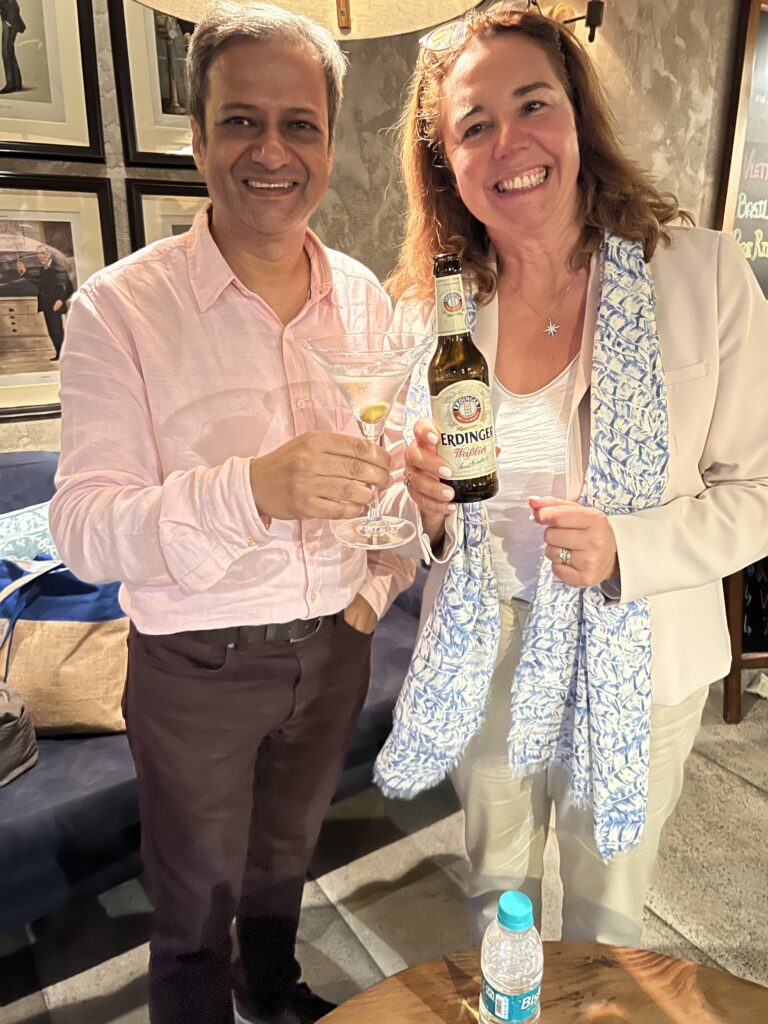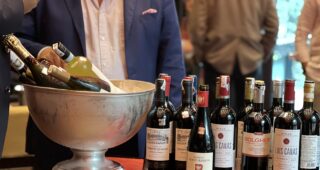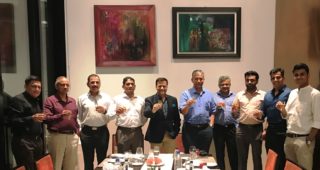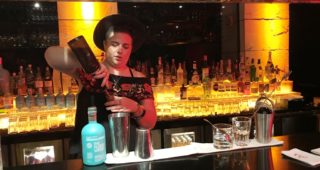If a drinks lover in India were asked one wish that could come true, it would probably be the lowering of imported liquor prices. It is no secret that India has one of the stiffest trade tariffs on imported alcohol, notwithstanding the country being the third largest consumer of alcoholic beverages in the world. But things have started looking up with developments like the recent Australia-India Comprehensive Economic Cooperation Agreement (AI-CECA), that is set to make Australian wines progressively cheaper in the country. Another recent development has been the resumption of trade negotiations between India and The European Union that might accrue similar benefits. A delegation from the EU was recently in New Delhi to conclude the first round of these negotiations, the next round already been scheduled for September 2022, in Brussels.
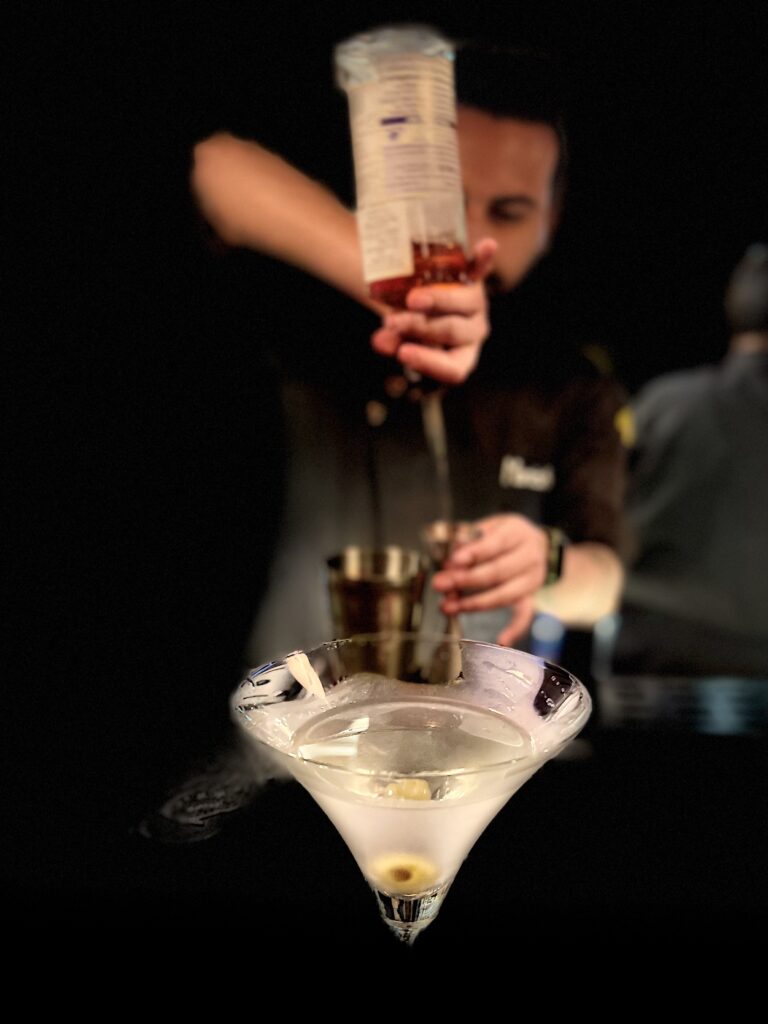
Alongside these developments, a tasting of European Beers and Spirits was conducted in New Delhi, showcasing them in ample light. The tasting, titled A Glassful of Europe was organised under the aegis of the European Commission at Sidecar (Asia’s best 50 Bars fame) through Tulleeho – a leading beverage consultancy in the country. A select group of trade professionals and beverage media participated in the event that was innovatively hosted in a quiz-cum-tasting format by Vikram Achanta, CEO Tulleeho and Magandeep Singh, a prominent Sommelier.
The European Quality Scheme
Maria Fladl, First Counsellor, Trade and Economic Affairs at the Delegation of the European Union to India introduced the session highlighting the heightened interest in European beverages, particularly among younger people and women. She laid emphasis on the quality and provenance aspects of EU beverages. This was elaborated further by Catherine Combette, Head of Unit Asia and Australasia, Directorate General for Agriculture and Rural Development, who arrived specially from Brussels on her first ever visit to India with her colleague Maud Feuillet for the trade negotiation and promotion.
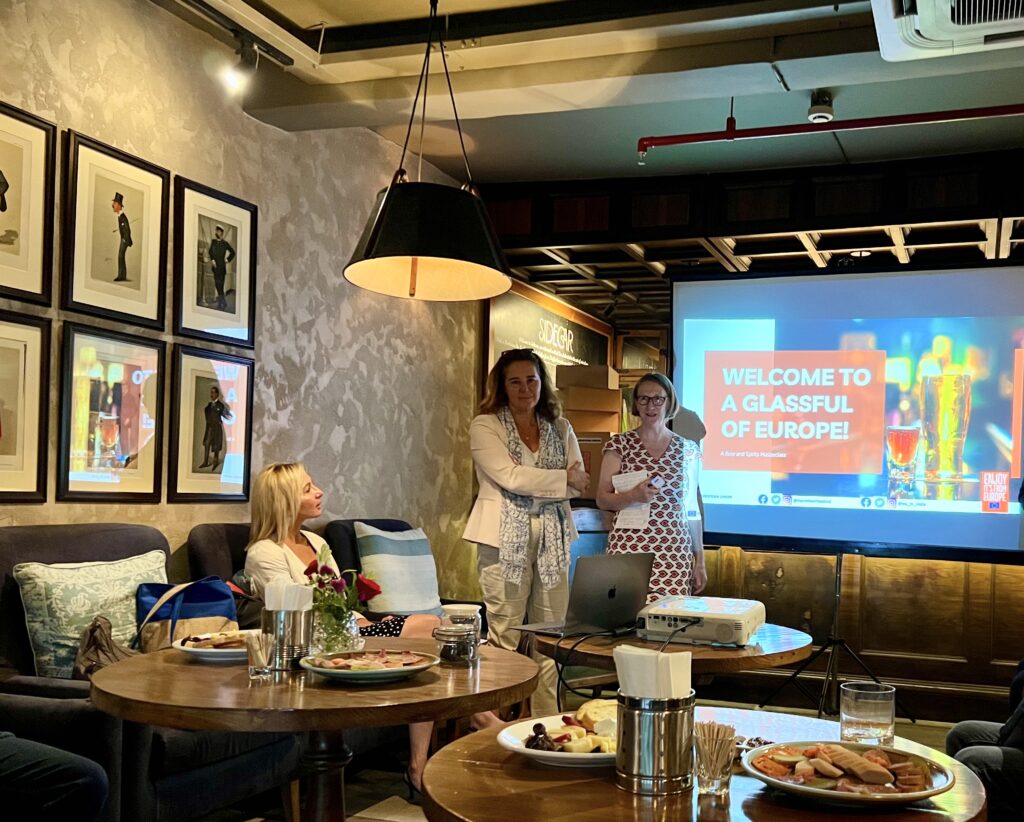
Sitting: Maud Feuillet
Catherine introduced briefly the European quality scheme that includes the PDO Protected Denomination of Origin), PGI Protected Geographical Indication) standards. She informed that there are more than 4000 wine, spirits and food products from the European Union protected under this quality scheme. Currently, around 22 beers and 240 spirits stand covered by this scheme.
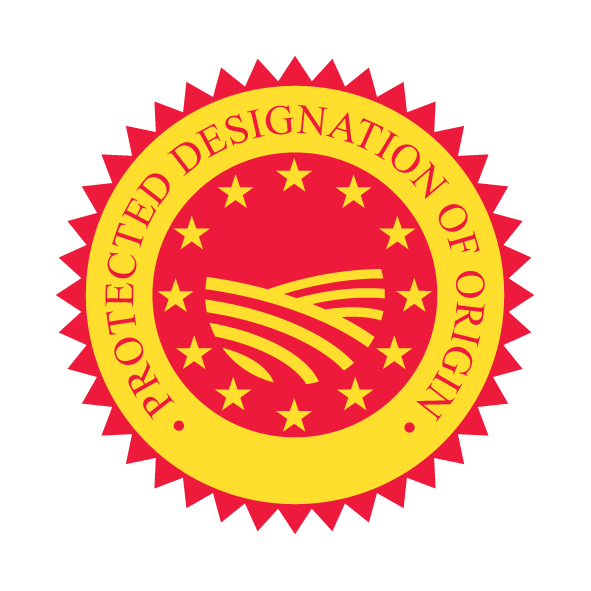
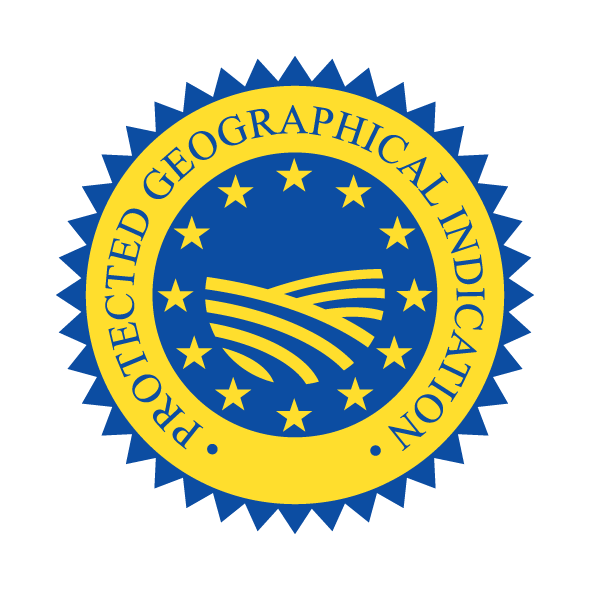
Protected Designation of Origin (PDO)
Food and drink product names registered as PDO are those that have the strongest links to the place in which they are produced. For a product to be listed as PDO, all aspects of production, preparation and processing must take place in the specified region of origin.
Protected Geographical Indication (PGI)
The PGI label emphasises that the quality, reputation or other characteristics of a product is largely attributable to the geographical location in which it was produced.
Source: https://more-than-food-india.campaign.europa.eu/index_en
An innovative tasting
Fun and interactivity were the two USPs of the blind tasting where drink samples were circulated incognito around a quiz presented on each.
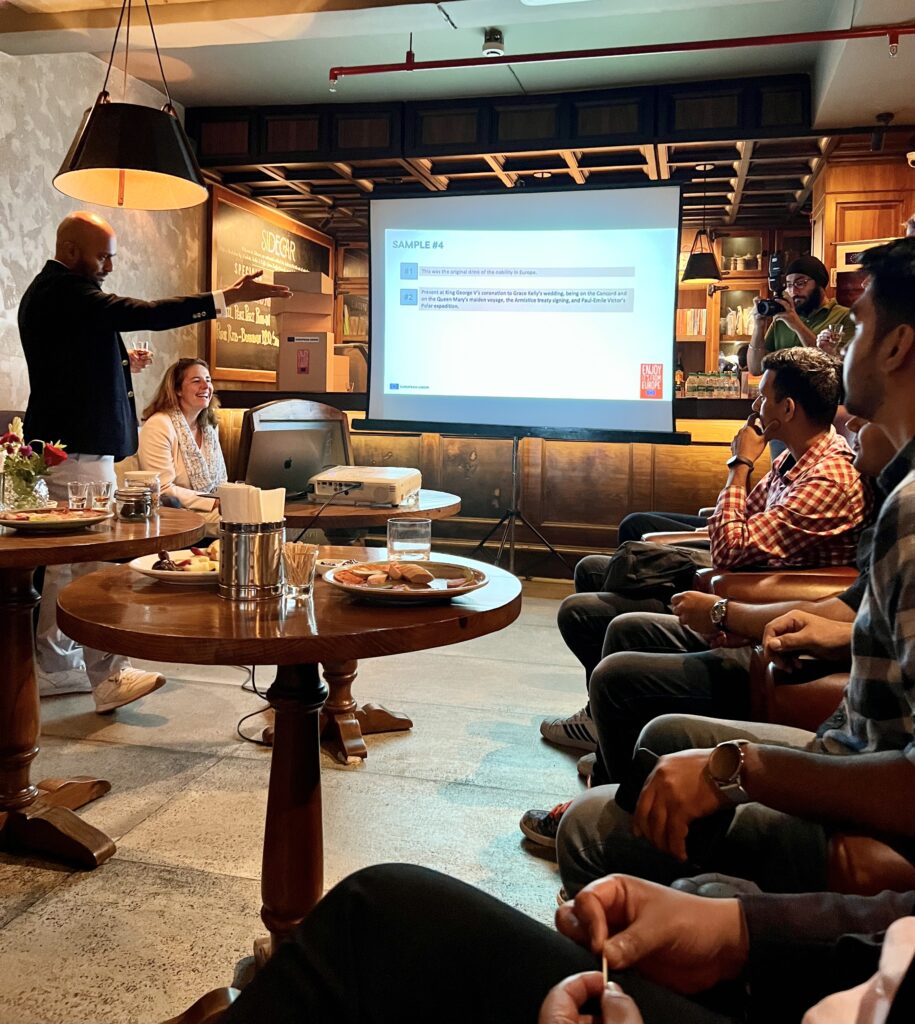
To incentivize the attendees, prizes were earmarked for the first right answer of each round. To my delight, I ended up winning one such prize (see video towards the end). More than anything else, it was a reaffirmation of my beverage knowledge not going rusty!
Sample a quiz snapshot below. For the fun of it, try not to scroll down for the answer before racking your brain.
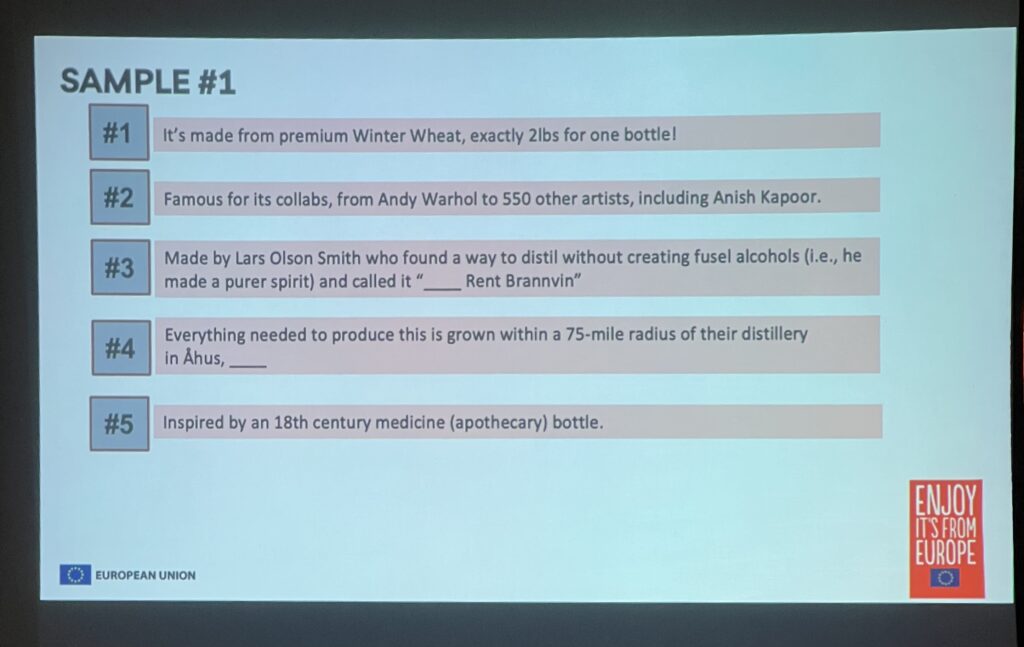
Brands sampled at “A Glassful of Europe”
- Absolut (Swedish Vodka, PGI)
- Belvedere (Polish Vodka, PGI)
- Jameson (Irish Whisky, PGI)
- Martell (French Cognac, PGI)
- Bailey’s (Irish Cream, PGI)
- Peroni (Italian Beer)
- Hoegaarden (Belgian Beer)
- Erdinger (German Beer)
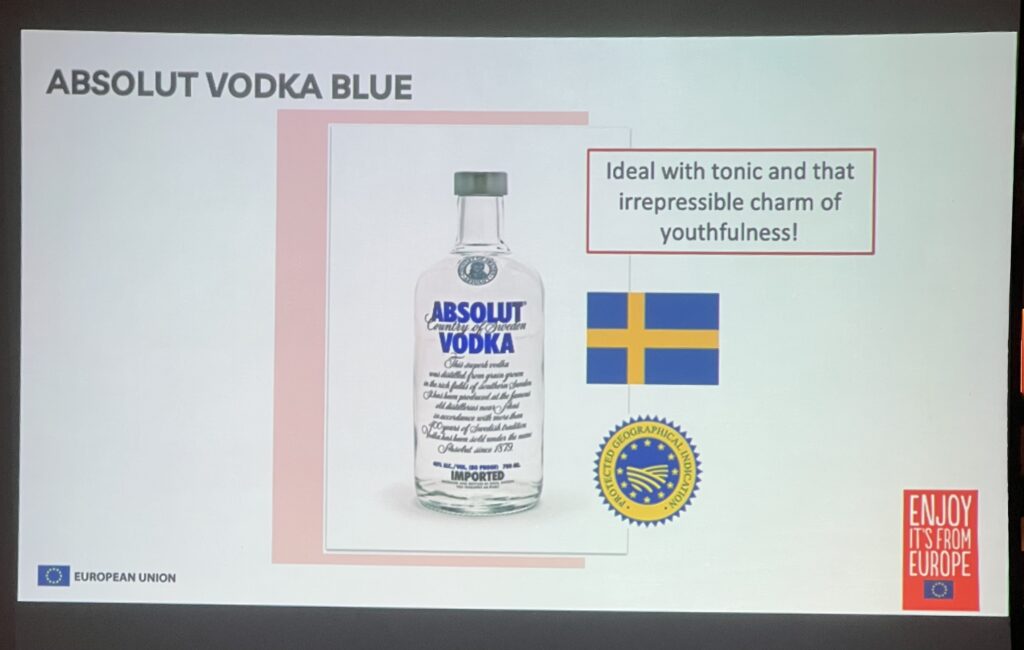
The event concluded with the bar being thrown open to the attendees to order their favourite drinks from Europe straight-up or as cocktails. It was a good time to order my Dry Vodka Martini and linger with it around conversations.
